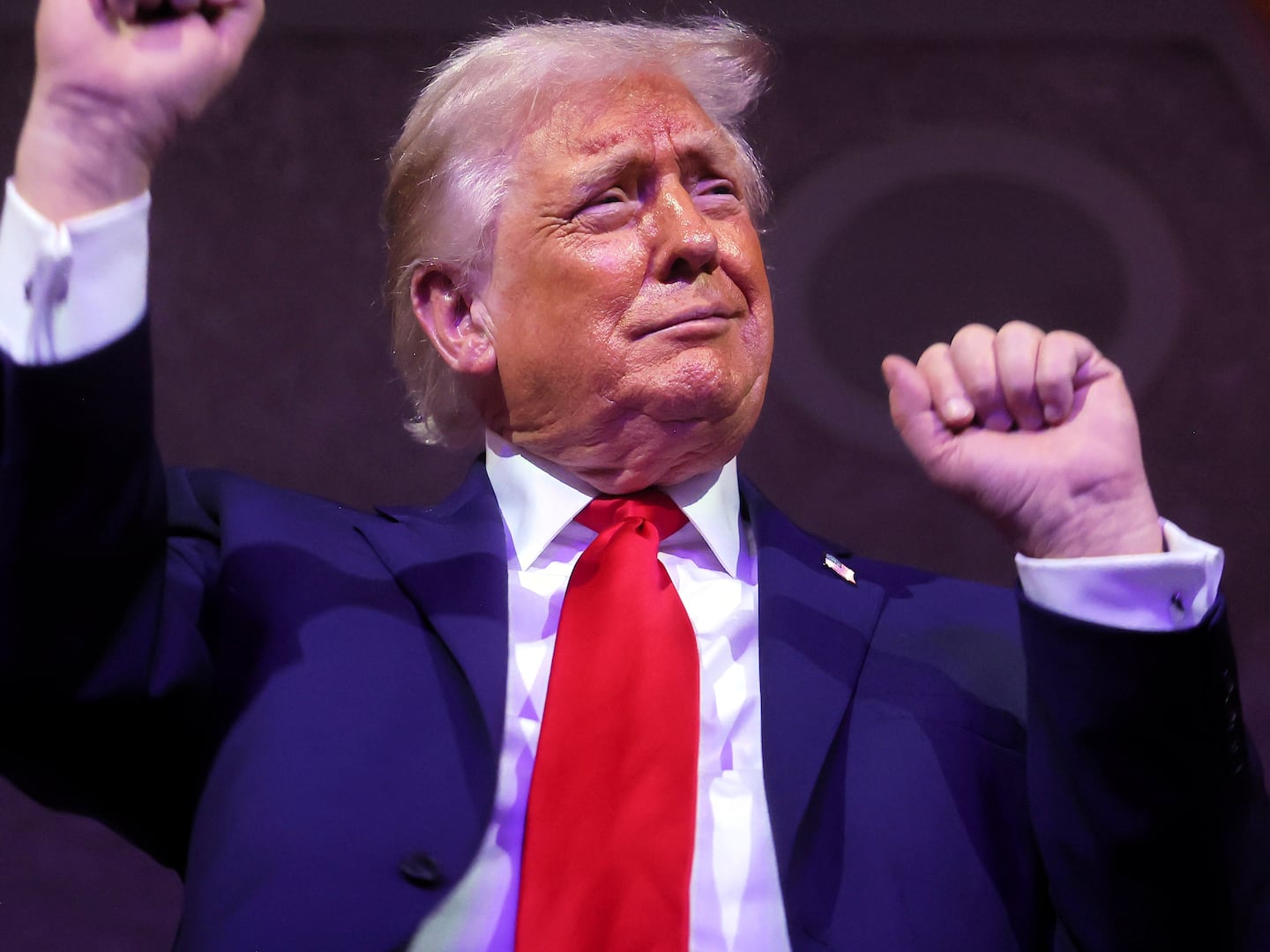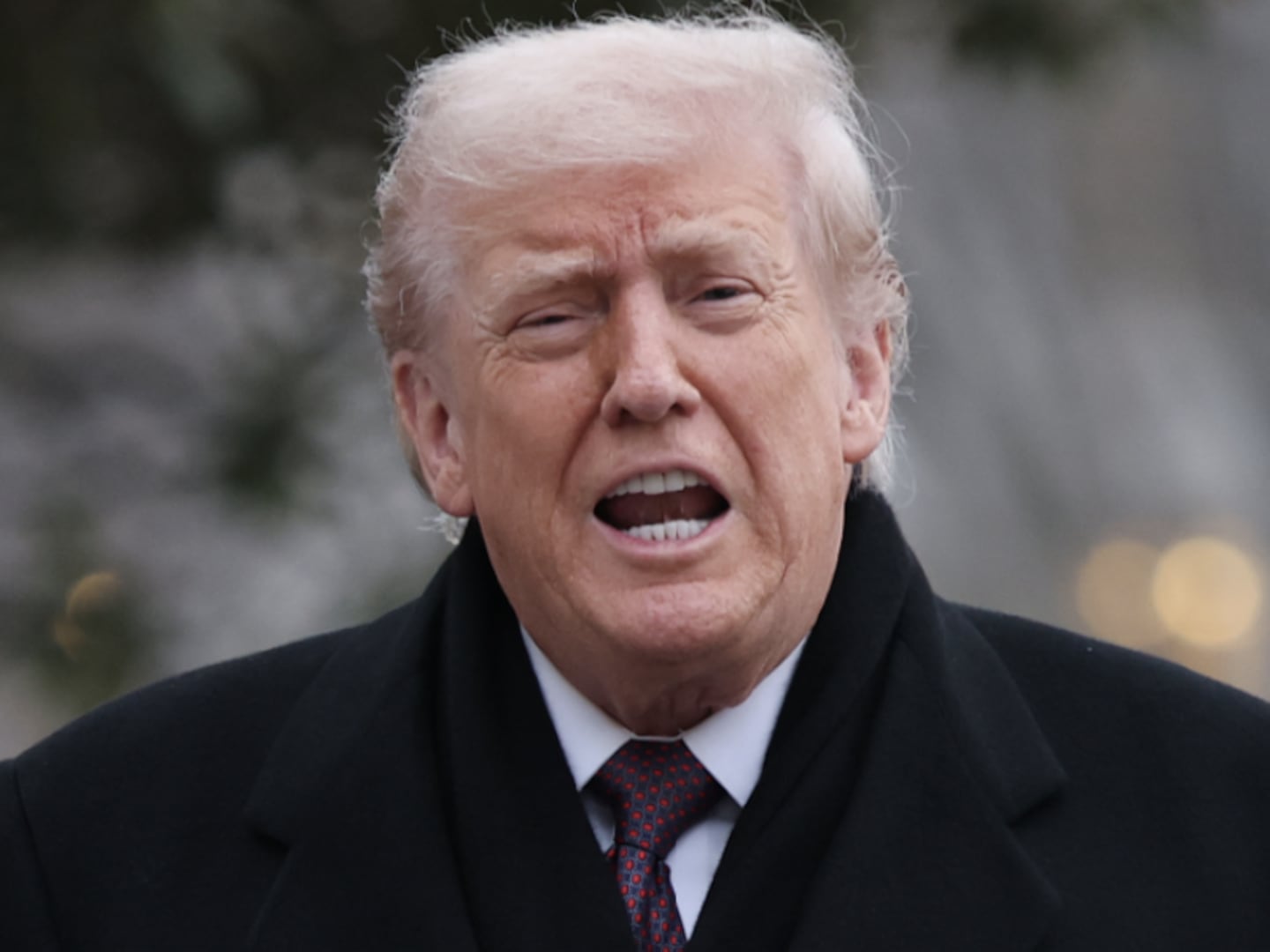It’s important to know how the public feels, especially when the question concerns the potential loss of American life. And when a public opinion poll asks a pool of American respondents about the threat posed by ISIS, for instance, that’s what it gets in response: a feeling. People feel like ISIS could pose an imminent threat to America, but they don’t know—and how could they really? They don’t get intelligence memos, and most don’t have the time to canvass the wide world of news media to get an accurate survey of the facts.
As the world from Ferguson to Syria plunged into chaos this summer, public opinion polls rolled in every week. How is the President handling foreign policy? What is the biggest threat facing the United States today? The frightened responses, presented as a thermometer to measure the temperature of the American public, were splashed across our TV screens. It all seemed to culminate in a CNN poll last month: 90 percent of Americans say ISIS poses a direct threat to the U.S., it reported, while 71 percent believe ISIS already has terrorists in the United States and 67 percent believe President Obama does not have a clear plan to deal with the threat.
It was certainly a sign that Americans were concerned about ISIS and how the Obama administration was responding to its growth this year. But what does it tell us about the threat posed by the would-be Caliphate and about the president’s strategy? In a word: nothing.
Polling is ingrained in American politics, but it does not come without its problems.
Literary Digest conducted the first national opinion poll in 1916, and correctly predicted President Woodrow Wilson would win reelection. The practice did not become truly commonplace until the 1930s when George Gallup and others came on the scene. By 1948, American public polling had endured its most spectacular failure. The Gallup, Roper, and Crossley polling companies all predicted that Thomas Dewey would defeat incumbent President Harry S. Truman by as much as six points, prompting the infamous Chicago Tribune front page: Dewey Defeats Truman.
Those 1948 polls suffered from selection bias, or sampling error, where the pool of respondents does not accurately represent the general population. The wording of polling questions can also cause a problem, with leading or “yeasay” questions, crafted intentionally or not, skewing results.
A number of problems can also arise when polls, like the above example from CNN, ask questions about policy. The most troubling of these is the issue of “non-attitudes.” In 1986, survey respondents in the greater Cincinnati area received this prompt: “Some people say that the 1975 Public Affairs Act should be repealed. Do you agree or disagree with this idea?” A third of respondents offered an opinion, positive or negative, on the act, despite the fact that the law did not exist.
George Bishop, who conducted the study, and other political scientists find that respondents are simply unwilling to admit ignorance to the interviewer. It’s human nature: nobody wants to admit they don’t know, especially if it’s about something that seems important and that others have offered an opinion on. These non-attitudes, or baseless opinions, can drag the data away from a position of reliability or usefulness.
It’s a problem that hasn’t faded much over time. A HuffPost/YouGov poll conducted last year asking the very same question that Bishop did nearly 30 years ago found that between 15-22 percent of respondents would offer an opinion one way or the other. Dr. Robert Y. Shapiro, a professor of political science at Columbia University, says that respondents to a question like, “Does ISIS pose a threat to the U.S.?” are likely to have been exposed to a news environment rich with information about the group, and thus can be better qualified to answer—certainly than they would be about a fake law.
Those who are still uninformed, however, will feel a “social obligation,” says Shapiro, to know about and have an opinion on an issue that seems important. They will search for “shortcuts” to decide whether “ISIS has terrorists in the U.S.” Whether those shortcuts are their political feelings about President Obama or some other criteria, they can determine the path that response takes. No matter the shortcut, though, it’s unlikely that such a path will be built on a solid foundation of fact.
“There’s a lot of things that go into people’s responses,” says Herb Asher, polling expert and professor emeritus at Ohio State University, “and one is the social desirability of sounding like you’re informed.”
Asher says he feels that responses to the ISIS threat lie above the threshold for non-attitudes but that those poll results “may reflect some gut realizations about what ISIS is and might do. If you ask them if there’s a threat to the United States, they’re giving an opinion. They don’t have access to CIA reports.”
More often, Asher sees the phenomenon at work in questions on social policy, like the Common Core educational standards.
A year ago, majorities across the country supported the initiative, but polls have swung decisively in the other direction since. “I think it’s because people never knew in the first place what it was,” says Asher. “If they knew that the Common Core was about higher educational standards, who could be against that? But now in a lot of states, conservatives especially are saying that the Common Core is the federal government, Barack Obama’s takeover of education, and now [respondents are] against it. It’s a reflection that any information they get, it changes their mind. And that tells you that there aren’t real attitudes in the first place.”
In a 2012 Reuters/Ipsos poll, 56 percent of respondents said they opposed President Obama’s health care reform law. But in the very same poll, they supported, by higher margins, many of the measures it would put in place. This included 82 percent support for a ban on denials for preexisting conditions and 72 percent favorability for the measure mandating that companies with 50 or more employees provide health insurance. The only measure the majority did not support was the individual mandate.
Did those 56 percent express opposition to the act solely because of the individual mandate, or because they didn’t really know what was in the law but what they’d heard was mostly negative? Or did they simply associate it with President Obama?
Gallup said the purpose of his polls was to give politicians information about public opinion so they could act on it. But should our leaders really base foreign policy decisions on the opinions of those with, at best, significantly less information?






